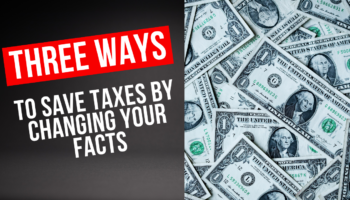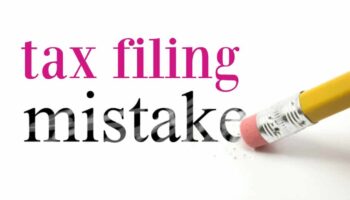It was R.C. Sherriff, the English writer, who said that “when a man retires and time is no longer a matter of urgent importance, his colleagues generally present him with a watch.”
When your retirement day arrives, you’ll probably want to be debt-free and have sufficient savings more than you’ll want a watch.
Which begs the question: Should I contribute to my RRSP to increase my savings, or pay down my mortgage to eliminate my debt? The truth is, the answer depends on more than just math. Sure, you can calculate which approach is best from a financial point of view. But even the mathematical result will depend on the type of person you are. Let me explain.
Looking at the math
Let’s take an example where you have a $100,000 mortgage. You can pay off this mortgage in 10 years with a payment of $1,107 a month, assuming an interest rate of 6 per cent (the approximate current rate on a 10-year closed mortgage). Assume that, after 10 years, you take that $1,107 payment and invest it in your RRSP for 15 years, earning a 6-per-cent return annually.
Let’s also assume that you invest your tax savings from the RRSP contributions in your RRSP as well. At the end of 25 years, you’d be mortgage-free and would have $414,696 in your RRSP.
Now, compare this with a situation in which you pay off that $100,000 mortgage over 25 years instead. In this case, your monthly required payment would be $640 at that same 6-per-cent rate on the mortgage. In this case, you could then take the difference between the $1,107 mortgage payment above and the required $640 payment and invest that amount, or $467, in your RRSP each month. Let’s assume you also contribute to your RRSP the tax savings each year from the RRSP deduction. At the end of 25 years, you’d be mortgage-free and would have $415,866 in your RRSP at that time.
You’ll notice that the result in each of these cases is the same: mortgage-free, with about $415,000 in your RRSP at the end of 25 years. I’ve assumed the mortgage interest rate and return in the RRSP are the same figure in these calculations. What’s the bottom line? If your mortgage rate is equal to or higher than the long-term return inside your RRSP, you’ll be better off paying down your mortgage. But if the rate of return in your RRSP is consistently higher than your mortgage rate, you’re generally better off paying the minimum on your mortgage and investing in your RRSP. The challenge, however, is that there’s more to consider than just the math.
Looking at you
Are you a saver or a spender? If you do pay down your mortgage more quickly by paying more than the minimum each month, will you have the discipline, once your mortgage is paid off, to contribute that same monthly amount to your RRSP?
Think to your past. When you paid off your student loans, did you take that extra cash and pay down debt, or did you buy a car and take a vacation?
What about your tax refund each year?
Do you spend it on the finer things in life? Or do you invest it? If you won’t have the discipline to invest your new-found cash flow once your mortgage is paid off, give serious thought to contributing to your RRSP today rather than paying down the mortgage faster.
What about the sleep-at-night factor? Some people just sleep at night much better without debt.
If this describes you, then paying down your mortgage more quickly may make more sense, regardless of the math.
Looking at other debt
I’ve been talking about your mortgage here. But what about other debts you might have?
Do you have credit card balances? Or an unsecured line of credit?
What is the interest rate you’re paying on this debt?
Chances are pretty good that the interest rate is high.
Here’s a general rule: If the interest rate on your debt is 8 per cent or higher, you’d be wise to pay off those debts before contributing to your RRSP.
Keep in mind: The rate of return you achieve by paying down your debt is equal to the after-tax interest cost of that debt.
So, if your credit cards are charging you, say, 19-per-cent interest and that interest is not deductible for tax purposes, then you’ll achieve a 19-per-cent return on your money when paying off that debt.
And it’s a guaranteed rate of return – unlike the returns in your RRSP.
Credit: This article was written by Tim Cestnick and published on January 26, 2017 in the Globe and Mail. Tim Cestnick is president of WaterStreet Family Offices, and author of several tax and personal finance books. Learn more at www.waterstreet.ca






